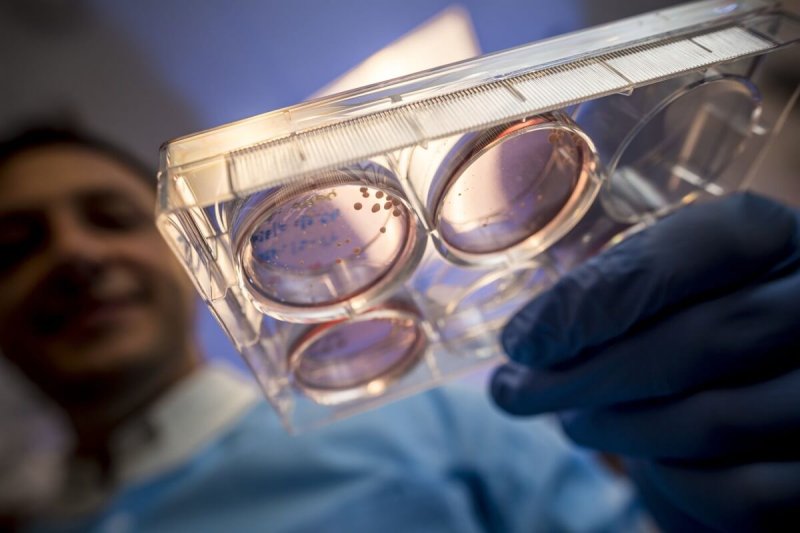Mini-brains are just the size of a pea but capable of reproducing key brain functions. They are currently a hot research topic because scientists think they can eventually be a model for neurological diseases.
…
Now, a recently published paper has found that the mini-brains are indeed capable of developing brain waves. The authors, led by Cleber Trujillo, (and including Dr. Alysson Muotri, whose work on mini-brains in space was previously profiled on Massive), recorded the electrical activity in brain organoids over a period of ten months. Other studies using organoids have generally focused on the first few months of organoid development, because by two months the mini-brains have a defined structure and stop growing. But this new study shows that the longer the organoids were maintained, the more complex their cell composition — and the more intricate the electrical activity of the neurons — became.
…
Some philosophers and scientists are concerned about the fact that we might be able to create consciousness in a lab in a not-so-far future. The ethical and moral conversations surrounding these scientific advances should start now.
Read full, original post: Miniature Brains Recently Sent Out Brain Waves for the First Time
































